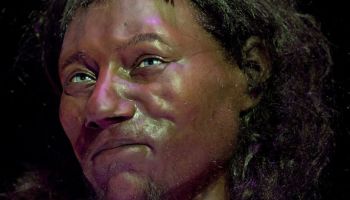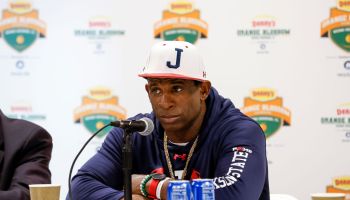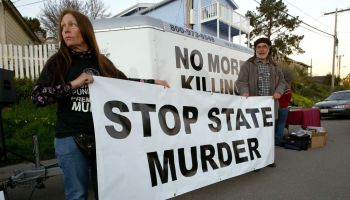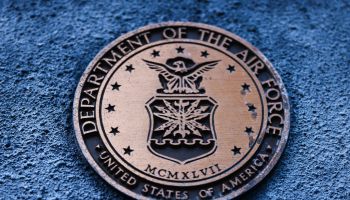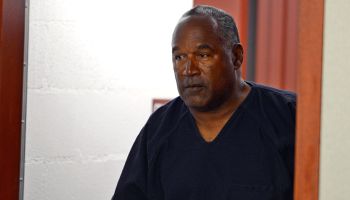After almost two years of campaigning, it’s almost here: Election Day. Excuse me, I mean “election day,” which is not a holiday and thus deserves no capitalization.
One might very well ask why it is not a holiday, as it is across most of Europe. Considering what’s at stake when Americans go to the polls, you might wonder why it is that we’re expected to complete the task most critical to the functioning of our democracy during our lunch breaks, or report to our polling places after work and brave mile-long lines and dropping temperatures in order to cast our ballots.
This election has become a referendum on who better understands the problems of the ‘middle class’ and the residents of ‘main street,’ and yet the absurd circumstances under which so many working people must attempt to vote has not been made an issue.
A more striking non-issue, though, is the reality of poverty in this country. The poor have been absolutely erased from this campaign’s public discourse. We hear endlessly about the middle class, the Joe Sixpacks, the hockey moms. Sarah Palin invokes imagined conversations on the sidelines of children’s soccer games to prove that she understands economic woe. Joe Biden retorts with an equally fanciful stroll through Home Depot.
To hear both halves of both tickets talk, you’d think there were two classes of Americans: greedy Wall Street tycoons, and salt-of-the-earth members of the middle class.
But what about the poor?
Not the homeowners facing foreclosure or the former employees of Lehman Brothers, but those living below the poverty line, those getting by on government assistance, those unable to afford the basic necessities of life?
There are several reasons that the poor go unmentioned, even at a time of economic crisis-a crisis that threatens to destroy the lives of those barely hanging on just as surely as the lives of those a few rungs up the economic ladder.
One reason is that the candidate who addressed poverty most directly in this election cycle was John Edwards. Perhaps the Obama campaign fears to evoke him, even indirectly, given the former Senator’s infidelity scandal. This is a lame reason, to be sure, but a plausible partial one. Another is the perception that the poor don’t vote in large numbers, and thus are not worth pandering to.
The most interesting reason, though, and probably the most important, is that people in this country do not self-identify as poor. Americans are aspirational, to the point of delusion, and thus we consider ourselves ‘middle class’ even when we’re far from it.
And thus, to mention the poor is to court disdain-even from the poor.
This is why the Republican Party ¬has been so successful over the years at getting people to vote against their own economic self-interest. We like the idea of being courted by the party of the wealthy; it makes us feel better about our prospects.
Certainly, the Democratic agenda demonstrates far more concern for the most needy Americans, from issues like health care and taxes to primary school education and job programs.
But both parties adopt a rhetoric that solves poverty by obscuring it rather confronting it.
And by indulging in the same politics of exclusion, both parties enable the victims of poverty to do the same.










